Djiké's story
Member of the CEPAZE NGO, carrying out sustainable development projects in Africa, mainly in Mali, we launched for the initial phase of this project, the architectural study, our first crowdfunding.
One day, while watching a video of an entrepreneur who created their launched his fair-trade shoes brand, the idea came:
Why not create a clothing brand that would contribute to financing the project?
Furthermore, once operational, the center would make it possible to manufacture clothing from organic cotton in an equitable manner while generating profits.


Cotton and digital: the winning formula for young Malians girls
Creation in Mali of the first African digital textile printing production and training center.
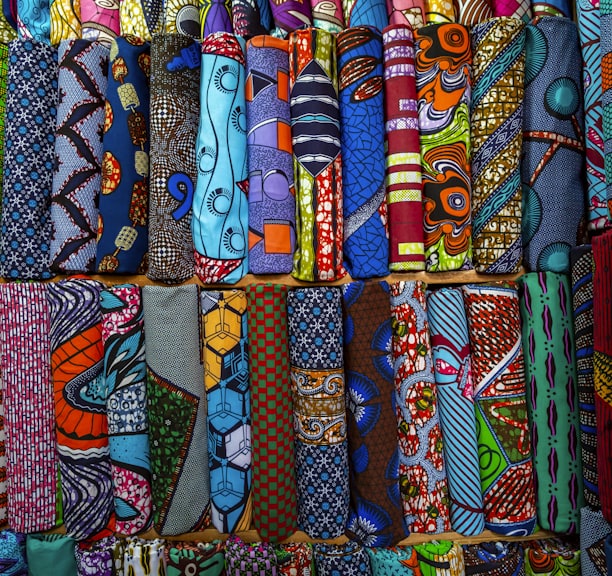
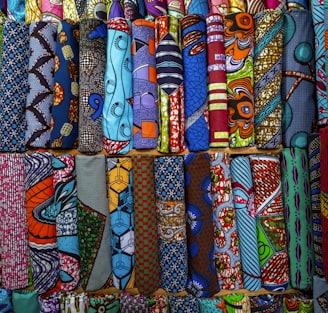
The context
Over the past two decades, the global textile industry has been largely relocated, particularly to South East Asia. Producing countries involved in the weaving and textile printing industry, including those with low production costs such as Portugal, Tunisia and Turkey, have seen their markets collapse.
This is particularly true of cotton-producing countries and particularly in the Sahelian countries such as Mali, the leading West African cotton producer along with Bénin. The raw material is now loaded into containers and then exported to be woven and printed in Thailand, Viet Nam or even in China, with all implied negative impacts at all levels:
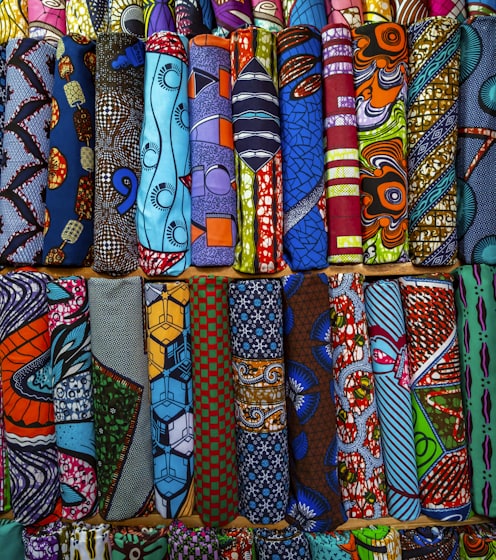
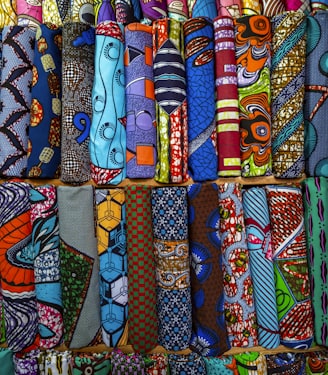
- Outbound freight, carbon footprint
- Job loss in the weaving industry
- Loss of know-how in these trades
- Printing in Asia, in often socially irresponsible conditions
- Return freight, carbon footprint
- In some cases, health problems (dermatological) linked to very toxic products.
Decentralization, as a catalyst for development, requires from local communities to be able to design and implement development strategies through sustainable development projects. Local development is the only solution for these young people who leave school prematurely without a diploma or training, or those who have never been to school. Economic development projects tend to forget, whether for cultural, social, or economic reasons, the impact that young girls and women can have on the economic development, especially in the field of craftsmanship.
A UNIQUE AND INNOVATIVE SOLUTION
Digital textile printing technology is making it possible to reindustrialize the country by setting up, at the heart of the markets, a modern production structure that generates added value and is resolutely oriented towards the green economy.
The continent's agricultural production is no longer subject to the vagaries of the world price of raw materials but is converted locally into products with high added value.
Digital textile printing in Africa is therefore a challenge to set up the first center on an artisanal scale, which will aim to supply a mass market on the scale of the country, the sub-region or even the continent since Africa has currently no digital textile production center.
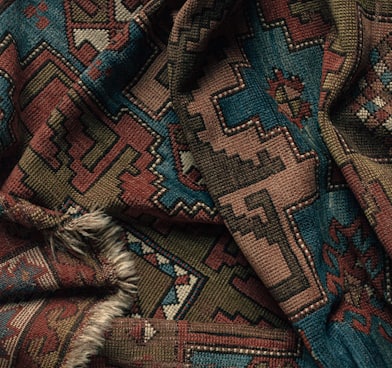
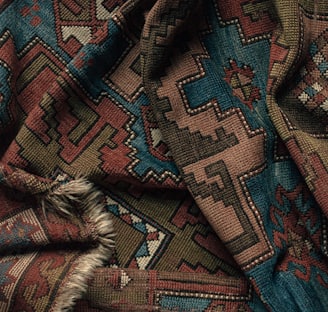
EDUCATION AND TRAINING
As part of the development plan for the rural municipality of Koussane (ESCDP), vocational training has been identified as one of the key components of the development of the municipality. Given the weaknesses of education and training in the Circle, this project fills a real gap in terms of vocational training and literacy infrastructure in the intermunicipality because it includes a significant functional literacy component. In addition, this innovative project with high added value builds the bridge between the world of traditional African textiles (wax in particular) and new digital technologies.


Literacy:
280 young girls aged 15 to 24
(i.e. 8 sessions, two per day, for 35 auditors) and then trained in promising trades (spinners, weavers, dressmakers).
70 girls per year
will be trained in the professions of seamstress, operator of digital textile printers and all communication media, sales assistants (local and remote), as well as that of assistants through IT / office automation.
ECOLOGICAL & SOCIAL MATTERS
The textile industry is the second most polluting industry in the world and Mali is not spared. The Mayor of Kayes fully supports this project because his SECDP aims to give better visibility to crafts and to fight against pollution of the Senegal River from the dyeing of traditional dyers.
Digital printing uses water-based inks for 100% eco-friendly printing with a better color rendering than with traditional inks.
The relocation of the production will also reduce the carbon footprint caused by freight to Asia.
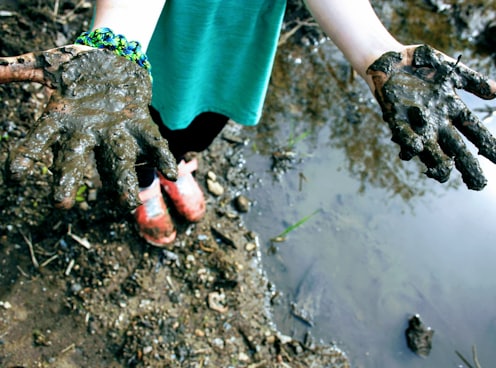
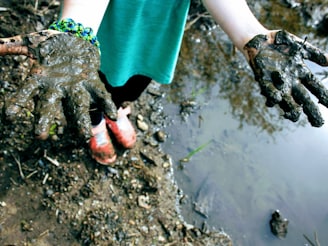
REAL IMPACTS
Education and employment:
Reduce illiteracy and provide young girls with a professional qualification, 70 young girls aged 15 to 24 per year, allowing them to enter the labor market by finding a job (current unemployment rate of 19.6%) or creating their own economic activity.
Ecology:
Reduce the carbon footprint by relocating the processing of cotton, fight against pollution of the Senegal River and groundwater by the dyeing of traditional dyers whose toxicity makes them incur a health risk.
Disruptive innovation :
New ecosystem (Computer graphics, digital production techniques, ...)
